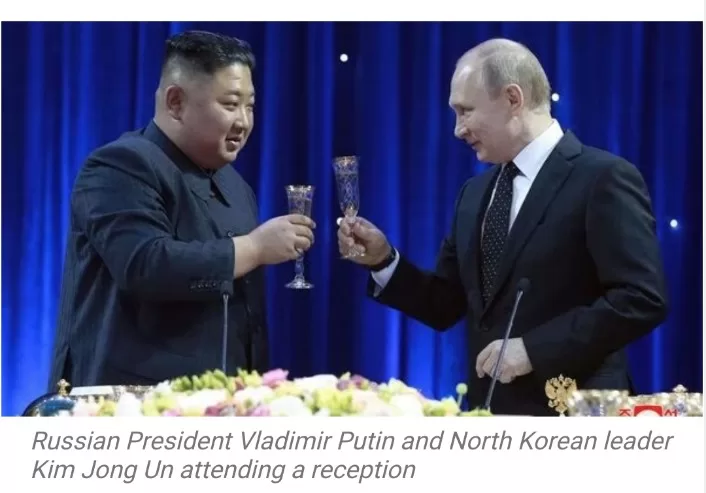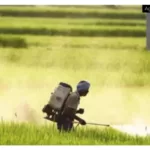In a remarkable development, North Korea’s enigmatic leader, Kim Jong Un, embarked on a highly unusual foreign visit to Russia. Accompanied by a delegation comprising top military officials, arms industry representatives, and North Korea’s foreign minister, Kim Jong Un’s journey to Russia has drawn considerable attention from Western powers, particularly the United States, who have recently issued warnings regarding potential arms transactions between North Korea and Moscow, in light of Russia’s ongoing conflict in Ukraine.
Kremlin spokesperson Dmitry Peskov affirmed that this would be a comprehensive visit, featuring bilateral negotiations between the two delegations, and the possibility of one-on-one discussions between the leaders.
This visit has prompted geopolitical analysts to speculate on the emergence of a new Cold War framework, with North Korea, Russia, and China aligning themselves against South Korea, Japan, and the United States. Such alignment, if solidified, could escalate the sanctions already imposed on North Korea by Western nations.
Why North Korea is Seeking Russia’s Favor:
Experts posit that North Korea views Russia as a potential source of vital resources to revitalize its ailing economy. “Russia is a food export country, a fertilizer export country, an energy export country,” noted Cho Han-bum, a senior research fellow at the Korea Institute for National Unification. This suggests that North Korea may seek agricultural products, fertilizers, and energy resources from Russia to alleviate its economic challenges.
Joseph Dempsey, a researcher at the International Institute for Strategic Studies, emphasized that North Korea could be eyeing technological advancements and manufacturing capabilities for its arms industry, potentially improving its sustainability.
Additionally, forging diplomatic ties with Russia could send a strategic message to China, historically North Korea’s ally, indicating its readiness to explore alternative alliances.
Russia’s interests in North Korea extend beyond mere validation. There is a particular interest in acquiring artillery shells that can be seamlessly integrated into its arsenals. Joseph Dempsey pointed out that North Korea possesses substantial stockpiles of Soviet-era artillery shells and artillery systems, making it an attractive source to replenish Russia’s inventories depleted during the Ukraine conflict.
Furthermore, unlike many nations, North Korea has displayed a willingness to resist Western sanctions effectively. Reports suggest that in 2022, North Korea supplied infantry rockets and missiles to the Wagner Group, defying Western restrictions.
In sum, Kim Jong Un’s visit to Russia bears the potential to reshape the geopolitical dynamics in Northeast Asia, with ramifications echoing across the globe. The outcome of their discussions will undoubtedly influence the delicate balance of power in the region.




